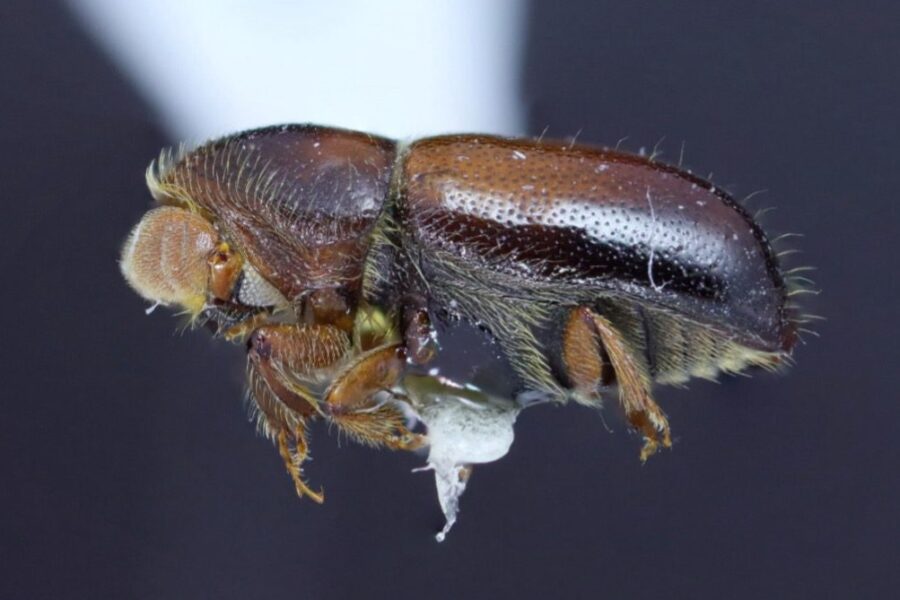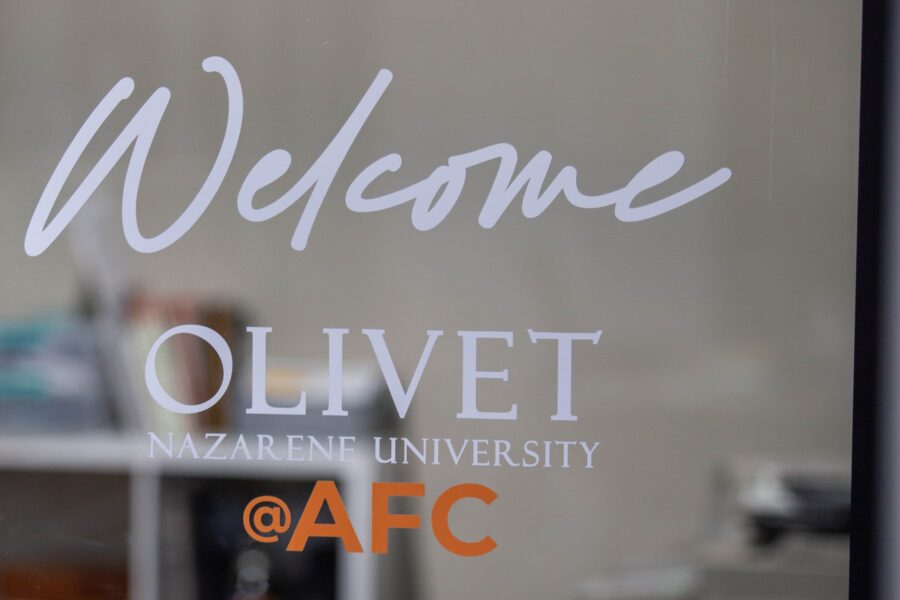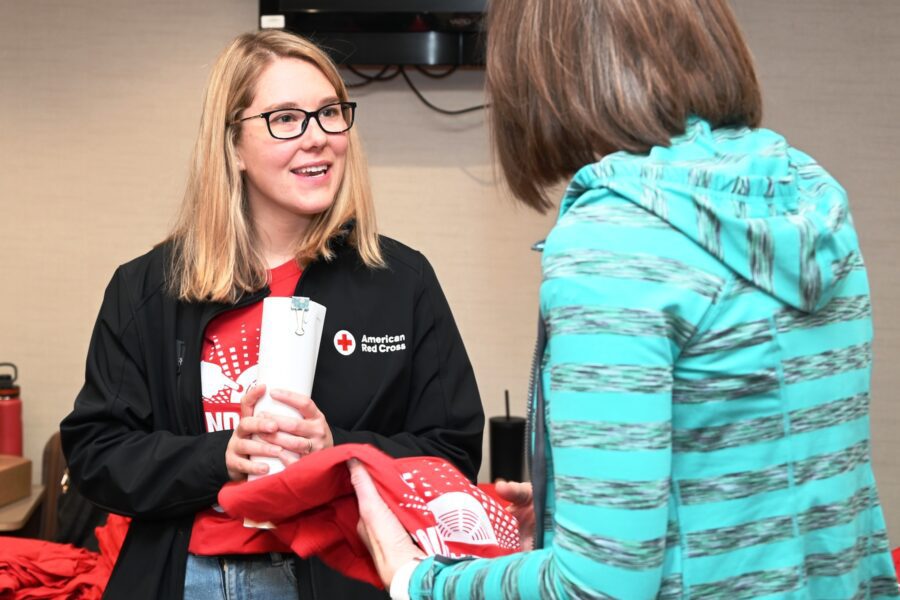
There are patterns to the academic calendar. There’s something in the air when classes are in full swing and the leaves begin to fall. There’s a certain feeling walking to class through the first snow near a semester’s close. And, of course, there’s that inevitable day in the spring when students ask the question, “Can we have class outside?” (My answer: “Yes, if you carry out a whiteboard for me.”) But there’s one academic season only a handful of students will experience during their Olivet years: a campus summer.
“Olivet is a great place over the summer,” explains Rebekah McKay, a senior biochemistry major. “It is quiet, peaceful and beautiful.”
For STEM students like Rebekah, summer is the ideal time to pursue research. With classes finished and campus life at a different pace, the labs of Reed Hall of Science are humming with activity.
“It is great to be able to work independently on projects and to be able to enjoy the calm on campus,” Rebekah adds.
Lucy Martinson, a senior biology major, agrees.
“Life at Olivet over the summer months is definitely quieter than during the school year, but you’re still able to have a lot of fun,” she says. “The summer apartments are really fun because people tend to mix groups and do activities together. It’s also a great time to explore the campus and enjoy some independence.”
Lucy and Rebekah are two of several STEM students using their summer months for research on campus. Summer is an ideal opportunity to devote to fulltime research and experience life as a scientist, with all the excitement and frustration it can entail. Lucy spent four weeks this summer in Papua New Guinea trialing a new cancer-screening method.
“I’ve learned that research never goes as planned, and there will be obstacles that you couldn’t have possibly thought to plan for,” she explains. “It requires creativity, patience, trust and optimism.”
Rebekah, working with Dr. Nick Troendle using genetic testing to verify and identify new species of bark beetles from Costa Rican cloud forests, has gained similar insight.
“I’ve become a much better problem-solver,” she says. “The most valuable thing I’ve learned is that research is a very slow process that takes a lot of perseverance.”
A major aspect of summer research at Olivet is mentoring. Each student’s project is guided and overseen by a faculty mentor. For Dr. Willa Harper ’91, who is mentoring junior Grant Wheeler as he works to synthesize novel uranium compounds, the joy of student research is learning alongside the students.
“When they take the lead on a project of their own design,” she explains, “I’m learning something new with them.”
Research opens the door for future opportunities. Harper can attest to this, having past summer researchers go on to medical school or to supervising labs in graduate school.
“It’s always rewarding to see them go on to bigger and better things,” she says.
For Dr. David Hoekman, supervising senior Jillian Becksfort as she studies species diversity at Olivet’s Swanberg Sanctuary, serving as a mentor to student researchers is “one of the most enjoyable parts of being a professor. It’s wonderful to see students grow, to witness their discovery, to problem-solve with them and, ultimately, to help them become colleagues and practitioners of science.”
At Olivet students are supported in summer research through a variety of funding opportunities. The Pence-Boyce research grant provides funding for a 10-week summer research experience. Other projects are supported by STEM departments. In each case, research turns the summer months into a springboard for discovery.
“I am most excited about learning and completing work in a field that I am passionate about and that I wish to pursue in postgraduate education,” Rebekah explains. “With this research, I’m excited to present at conferences across the country and end with publication of my work.”






